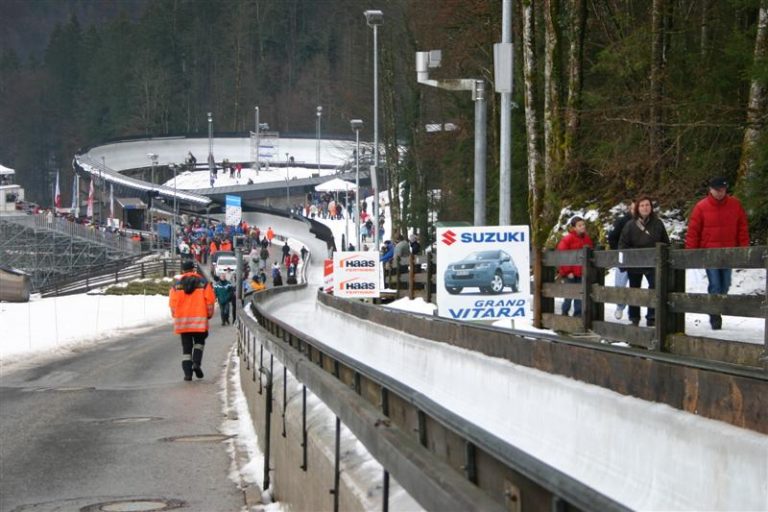The 2030 Olympic bid remains a two-horse race between Sapporo in Japan and British Columbia in Canada after the United States Olympic and Paralympic Committee (USOPC) conceded that Salt Lake City is targeting the 2034 edition instead.

In Los Angeles to attend a LA 2028 Olympic Games Coordination Commission meeting with the International Olympic Committee (IOC), USOPC chair Susanne Lyons told reporters Thursday that her team prefers the 2034 Games that would allow more time between the two events.
“Because of the sponsorships and a number of other commercial activities it’s more complicated to do those two Games close together so we have stated a preference [to the IOC] for 2034,” Lyons said while answering questions following a quarterly USOPC board of directors meeting.
But a recent and growing bribery scandal centered on an executive of the Tokyo 2020 Olympic Games and some commercial sponsors has cast a dark shadow on the Sapporo 2030 bid, with opponents now questioning the viability of the project.
Canada’s indigenous-led Vancouver area bid has yet to receive approval from the province of British Columbia and may be subject to a public plebiscite should October municipal elections result in a change in government leadership.
With current potential candidacies at risk, Lyons assured that her organization would remain available to the Olympic Movement if needed.
“There are some additional challenges for 2030 due to the proximity to the Games of LA but as we have very clearly communicated to the IOC if they need us in 2030 we will find a way to make that happen. So we are very committed to whichever year best fits all interested parties,” Lyons said.
“Our preference would still be to put more light between those Games.
“Salt Lake City is poised and ready with their toes on the starting line waiting for somebody to pull out a gun.”
Earlier this week the IOC relaxed the informal bid timelines, delaying the final election date from next May until the autumn of 2023 due to unrelated scheduling issues. The IOC had intended to name candidates this December, but the new timetable could push that deadline until the spring.
Lyons said there would be no impact on Salt Lake City’s bid, she explained “it doesn’t change much for us because I think our level of readiness is such that if those conversations happen tomorrow versus if they happen six months from now we are pretty much in the same state of readiness that we need to be.
“It does give some of the other cities that are considering bids a bit more time I guess to work through what they need to do.”
Though nothing has been confirmed, additional time would help keep BC 2030 in the race as it seeks approvals, and distance Sapporo from the ongoing scandal that has been creating international headlines in recent days. With these two bids as candidates, the IOC will be much less likely call upon Salt Lake City for a bailout.
In June, Lyons noted that IOC officials continued to harbor “hard feelings” from the U.S. government’s open criticism of China’s human rights record in the run-up to the Beijing 2022 Winter Games and that could have an impact on Salt Lake’s electability for 2030.
Over the past decade the IOC has had limited hosting options as candidates regularly dropped out of the race or were prevented from entering due to public opposition and other issues. Beijing was elected to host the 2022 Winter Games after four other cities abandoned plans. Paris and Los Angeles were awarded the 2024 and 2028 Games when they were the only candidates remaining in what had been a five-city race.
Those difficulties led the IOC to completely rewrite the bid process in 2019, eliminating most of the formalities and pushing most activities behind closed doors. Added flexibility allows the IOC to change plans on the go, as necessary.


